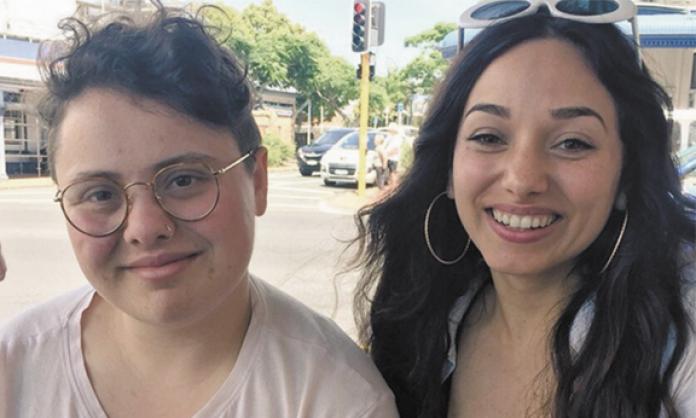Why did you write to Lorde?
Abu-Shanab: It was important to write to her because we rightly believed she was likely to change her mind.
Sachs: Israel is sinking a lot of resources into getting artists to play in Israel. For them, it’s a frontier for fighting BDS and normalising apartheid. Artists need to understand how Israel sees their willingness to cross the BDS picket as an endorsement of its apartheid policies.
What legal advice did you receive regarding the SLAPP suit?
Sachs: The advice was clear: unless we entered Israel’s jurisdiction by sending a response, the court would have no jurisdiction over us.
Abu-Shanab: In February, an Israeli Supreme Court judge stated publicly that the 2011 boycott law applied only to Israeli citizens and permanent residents, so we did think it was unlikely the case would win, even in an Israeli court. However, we were also told, regardless of what happened in the Israeli court, Shurat HaDin would not be able to enforce any ruling here.
You’re refusing to pay the fine and instead are raising money for Gaza mental health programs, right?
Sachs: There was an outpouring of generosity, and it struck us that the strength of feeling, which was at its core about support for justice for Palestinians, should be channelled into an act of solidarity. Our strategy became one of not only reacting but turning it into something material and positive. We were very deliberate about that.
Abu-Shanab: We [also] wanted to be really clear that we would not be paying any money on the case, and we didn’t want people to do it our behalf. This would legitimise the illegitimate.
Sachs: We think it’s politically important to re-centre the debate on Palestine. Gaza is in perpetual crisis due to Israel’s actions. That’s what we need to talk about.
Are you surprised by the political solidarity you received, as well as the donations for the Gaza fundraiser?
Abu-Shanab: Yes and no. We have always known that there is strong support for Palestine, but to see our fundraiser go viral [raising A$38,000] has been humbling.
Sachs: Within New Zealand, this has really helped change the debate around Palestine. People see that Israel’s claim about being a tolerant democracy is totally at odds with its actions and the reality on the ground … The issue wasn’t at all ambiguous.
Why is it important for yourselves and others to continue to advocate for the Palestinian people and the BDS campaign?
Abu-Shanab: The situation in Palestine is getting worse every day. Gaza is in a state of perpetual collapse, the settlements in the West Bank continue to grow, and millions still languish in refugee camps 70 years after being expelled. The situation is urgent, as it always has been.
BDS gives us a strategy to intervene. We don’t want to just respond morally when Israel makes an incursion into Gaza. Through BDS, we can chip away at the political, economic and social links that facilitate those crimes.










